Which Acoustic Foam To Buy?
Share

You are designing your new studio and whether it is in your basement, your spare bedroom, your apartment or a commercial space you will inevitably need some sort of sound absorption material like acoustic foam, insulation or homemade acoustic panels. The type of material you require depends on what you are trying to accomplish with the sound absorbers and what frequencies you need to control.
Note: You can apply these principles to treating any room that requires acoustic absorption including home theaters, podcasting rooms, youtube studios, gaming rooms and more!
If you are trying to reduce slight flutter echoes in your room then a few one inch thick acoustic panels might do the trick. On the other hand if you are building a vocal booth you may need almost full coverage of thicker acoustic panels.
Our acoustic panels come in four thicknesses, and we also offer bass traps. Each thickness absorbs sound waves at different frequencies. Thinner acoustic foams will absorb the high and mid spectrum sound waves while thicker foam panels absorb high, mid and lower end sound waves.
1 inch thick acoustic foam will give you the most bang for your buck. 1 inch foam panels are thin compared to our other foams, but are still effective for reducing flutter echoes and controlling the mid and high frequency ranges. Use these panels when good sound control is desired but substantial absorption is not imperative.
2 inch thick acoustic foam offers more sound absorbing power overall, and will take care of the mid to high frequency ranges. The 2" thick profile is the most popular and a safe bet for anyone planning a DIY vocal booth, studio, home theater, rehearsal space, or a broadcasting area.
3 inch thick acoustic foam will help absorb high, mid, and low end frequencies. These versatile panels can be used in almost any room.
4 inch thick acoustic foam has the highest sound absorbing power, and will help eliminate lower frequency ranges to help tone down bass. Use these panels in rooms with low-end problems.
Bass traps are super thick foam pieces that go into the corner of your room and are the best for absorbing, you guessed it, BASS. If you have a subwoofer, bass amp or nice big monitors it is always good to have a few bass traps.

The below table shows the Noise Reduction Coefficient ratings for our foam at all the different frequencies.

Recording studios will require a combination of foam thicknesses. Bass traps and panels are a popular combo which is why we created our recording studio acoustic treatment bundles! The thick bass traps go in the upper corners of your room and help absorb the low end bass waves that tend to congregate in corners. Panels are used at the reflection points in the studio.
Below is an example of the reflection points for a two channel setup.

Home theater rooms also require a combination of acoustic foam thicknesses in order to get crisp and clear sound. Also, many home theater rooms have more than two channels so there are more reflection points to consider. Below is a diagram showing home theater acoustic treatment plans for two channel and five channel setups.

Still not sure which acoustic foam you need? No worries! Please CONTACT US! We would love to help you out!
SHOP Acoustic Foam
Read More:
What Is Transmission Loss Of Sound ?
DIY Vocal Booth For Home Studio
Check out our number one ranking from Scott, an e-Learning technology geek with 20 years of experience. Click here to see us at the top of the list of "7 Best Acoustic Foam Panels for Your Home Recording Studio"!
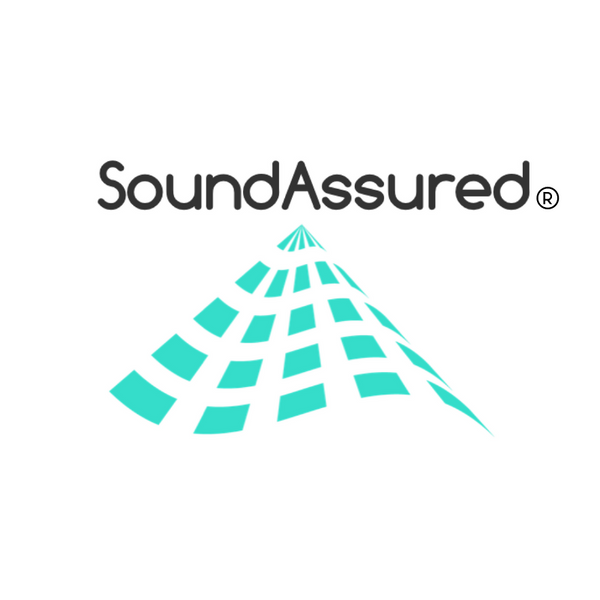
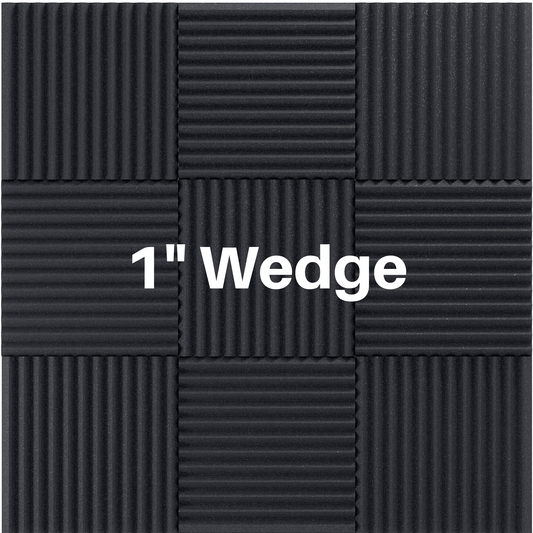
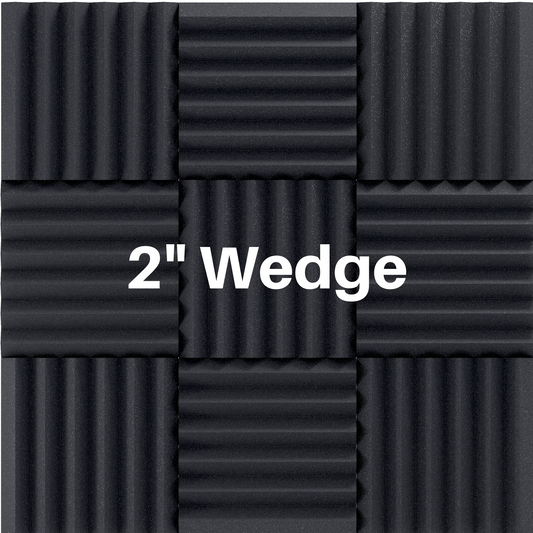
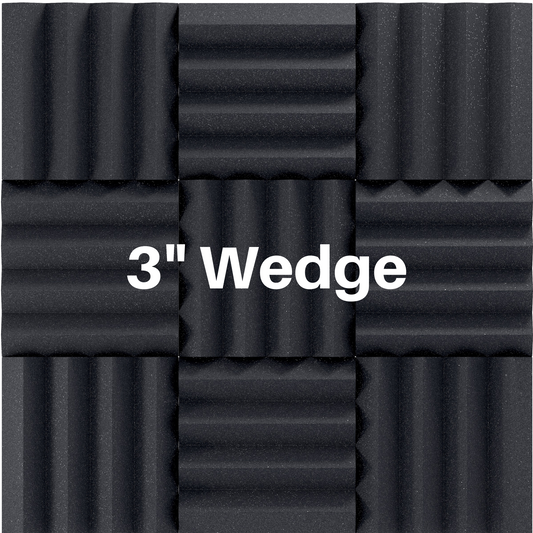
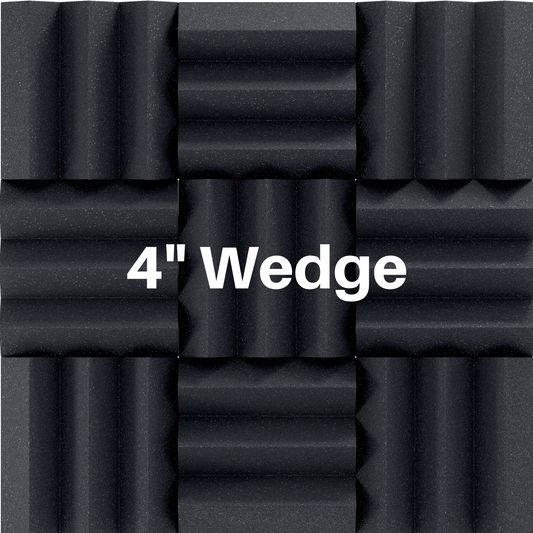
2 comments
Hi Kevin, if you install acoustic absorption in your foyer it could dampen the noise a bit on the 1st floor making a little less noise make it upstairs but to block the sound you would actually need to close off the open space and make sure there is proper insulation in the walls. It’s hard to make a good recommendation without pictures or more info. If you want help please send me and email phil@soundassured.com. I’ll be glad to help. Thanks so much! – Phil
Have a very large foyer on one side of the house. Open from front to back. Would like to lessen the sound from everything that goes on, on the 1st floor, that you can hear very easily on the 2nd floor.